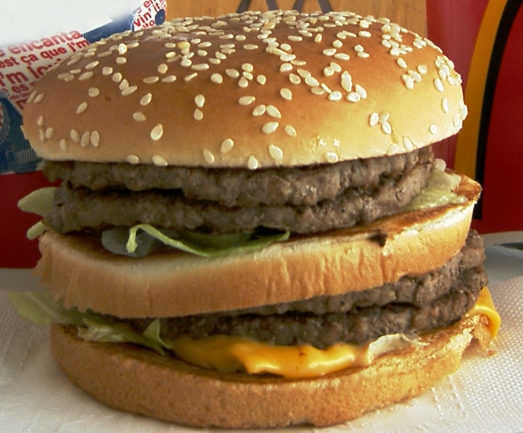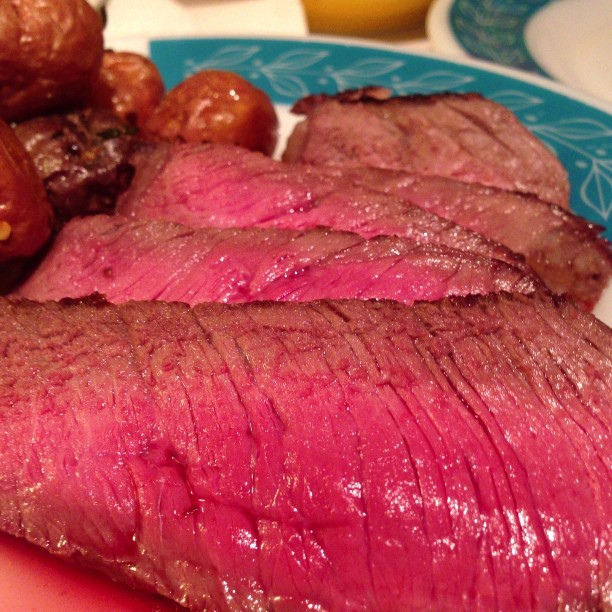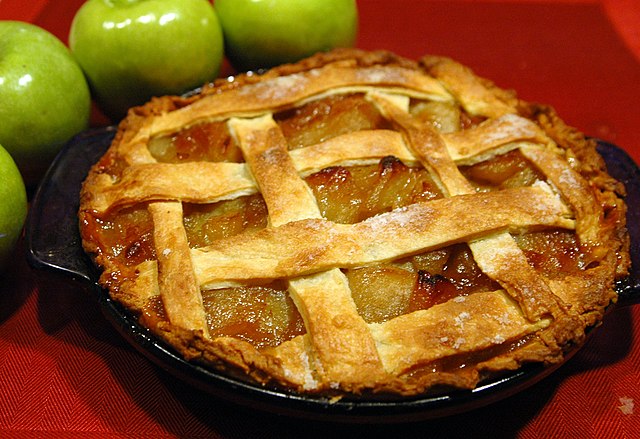One of the tools I use, in both my own writing and as a tool with my clients, comes from the wonderful book, The Screenplay Workbook. This book uses a two-page “Character Development Worksheet” to help readers flesh out their characters. In addition to filling out details on the character's physical description, family history and educational level, the worksheet includes lines such as “Favorite Place to Visit”, “Favorite Movie/Book”, and “Favorite Food”.
 While assigning favorite foods to your characters may seem like a trivial exercise, the most useful aspect of these worksheets comes with the question that follows: Why?
While assigning favorite foods to your characters may seem like a trivial exercise, the most useful aspect of these worksheets comes with the question that follows: Why? - Why does your main character prefer cheesecake over chocolate?
- Why does your antagonist love Big Macs but hate filet mignon?
- Why does your love interest believe that broccoli is the Food of the Gods, while pizza is the Devil's work (besides the obvious insanity)?
Reveal Aspects of Your Character
As most screenwriting experts (including this one) will tell you, every letter of a screenplay must serve either to move the story forward or to reveal some vital aspect about your characters. For instance, you can use a specific type of beer to reveal aspects of a character's age, his upbringing, his social standing, even his political leanings. A character who sips microbrews shows to the audience that your character is either sophisticated or pretentious, while one who swigs down a twelve-pack of no-name beer shows the viewer that he's less interested in taste and more concerned about getting smashed as quickly and cheaply as possible.
Create Conflict Between Your Characters
In an earlier blog entry, we looked at conflict as the fuel for every scene in your screenplay. As your characters reveal their preferences to the audience, they can also reveal them to each other. When characters show similar preferences, they can create bonding moments in your scenes. When they show different preferences, they can create moments of conflict as those common bonds break. For example, a male character takes a date to his favorite steakhouse, only to find out she's a vegan, can lead to either a comedic “oops” moment or a full-blown debate over the ethics of meat-eating.
Destroy Your Writer's Block
Many writers who suffer from “writer's block” claim that their blocks stem from not knowing what to write next. These blocks often occur when the writer does not have a deep understanding of the characters. When you know your characters so well as to know their favorite foods, books, and movies, you create that understanding and can develop scenes from those preferences, even if they aren't used in your final script. A useful exercise to destroy writer's block can involve writing a scene around the character's first memory of Grandma's house and the smell of homemade apple pie.
Make Your Characters Memorable
From Kojak and his lollipop, to four turtles and their pizza, all the way back to Eve and the apple, food has allowed storytellers to create iconic characters. These choices can make your characters unique and can allow actors to deliver more powerful and memorable performances. The more memorable your characters are, the better the caliber of actors you will attract to your script. When top-notch actors show interest in your script, top-flight producers are more likely to want to make your script into a film.
Examine Your Own Preferences
An exploration of your characters' preferences also allows you, as a writer and a human being, to examine your own likes and dislikes. If too many of the character's preferences line up with your own or with someone close to you, you may be in danger of creating a “Mary Sue”. If you can create an interesting story behind why a character has preferences different from yours, the story can act as an avenue for you to expand your own tastes.
Now, if you'll excuse me, all this writing about food is making me hungry!
If you're hungry to create a script that producers, agents, and actors will find both delicious and nutritious, contact us at StoryIntoScreenplayBlog [at] gmail [dot] com. We work with new and experienced screenwriters in developing their characters, story ideas, and concepts through in-person and online consultations tailored to your needs. Check out out us on Facebook, follow us on Twitter and check out our YouTube channel.




